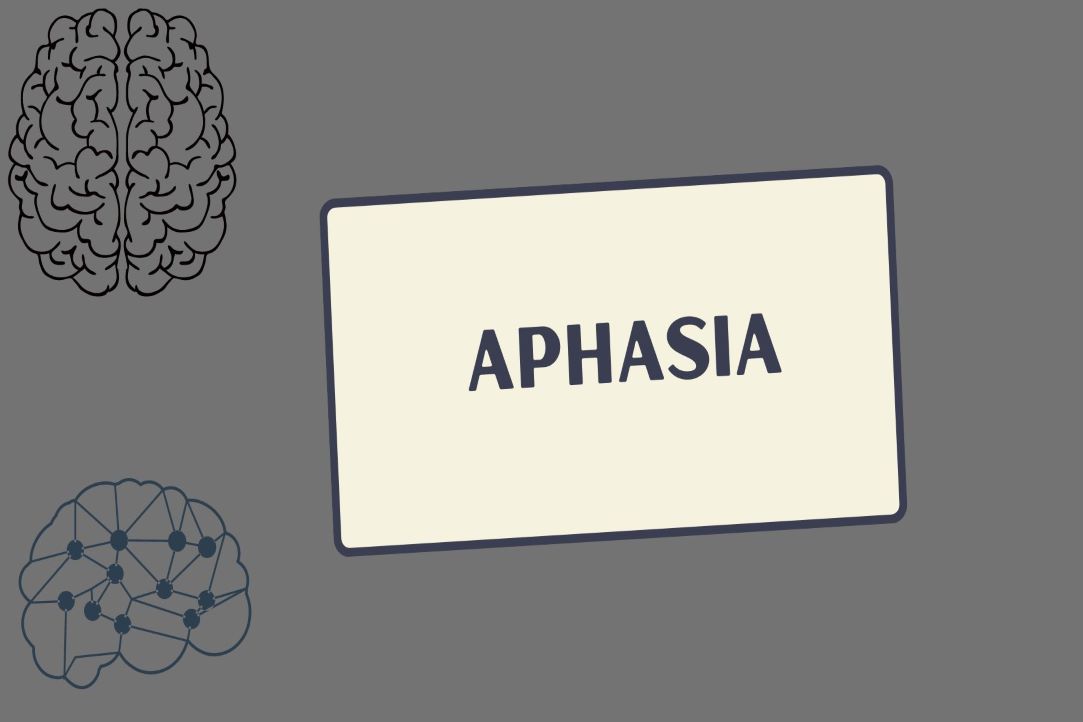Aphasia: How language gets impaired and how it recovers after a stroke
Today we are going to talk about such brain failure as aphasia.

Unfortunately, sometimes a person can have problems with the brain. For example, a stroke can occur. Consequently, language deficits can appear. A person who has problems associated with the language can experience serious mental health problems and discrimination from the society. Although a lot of research in the field of aphasiology has been conducted, it is still unclear how exactly the language impairment correlates with brain damage. It is also difficult to predict the language outcome for stroke patients with aphasia.
What are the causes of a stroke?
Stroke is the most prevalent cause of aphasia. It is especially common among the older population and about one third of people who have a stroke acquire aphasia. There are a few more causes for aphasia besides stroke: brain tumors, head traumas, or neurodegenerative diseases. In all these cases, language gets impaired because of the brain regions associated with language, and after this restoring all the functions can be a difficult task.
-
Signs that a person has aphasia can include (but are not limited to):
inability to produce and comprehend speech;
-
inability to name objects;
-
continuous repetition of phrases;
-
problems with reading;
-
problems with writing, etc.
Sometimes a person with aphasia can also continuously repeat the same syllable, word, or phrase; substitute syllables or words; have alterations in stress and rhythm.
Types of aphasia
A few classifications for aphasia exist. For example, Boston classification is based on the presence or the lack of certain aphasic symptoms:
- fluency,
- naming,
- comprehension,
- reading,
- writing.
In Russia, Alexander Luria’s classification is also popular. He described six possible types of aphasia. However, it is important to remember that all people have aphasia differently, so even though according to the classification two individuals might have the same type of aphasia, they can still have major differences in their signs of aphasia.
Recovery
There are a few significant aspects of aphasic people’s recovery. Often medical treatment is needed including various drugs. It is very important for people with aphasia to feel connection with their loved ones. Good communication can contribute to better recovery. It might be tricky and there are things to remember when talking to a person with aphasia.
Family members are encouraged to simplify language by using short simple sentences, to maintain a natural conversational manner appropriate for an adult, to avoid correcting the person’s speech, to give a person an opportunity to participate in special aphasia clubs, etc. Proper therapy is also crucial. This includes various exercises, one of which is special games for people with aphasia.
One of the examples is the game “The Minister’s Cat” which was developed by the Aphasia Recovery Connection, the University of Pittsburgh, Carnegie Mellon University, and Thorny Game. It’s a game for a group of people where players tell little stories about a cat on a card. But they also have to use a word that matches a pre-assigned letter. At the end of the game, players also have to recall the details of the stories.
Nowadays more modern tools for aphasia appear. One of the interesting approaches concerns gamification. Gamification is an approach of using games and game mechanics in nongame environments. Its goal is to boost motivation and engagement for something that can otherwise be a monotonous task. As therapy for aphasic people can often fall right into this category, games and gamification can be a great solution.
With this said, despite intense research in the field of aphasiology, it can be difficult to predict the language outcome for people with brain damage and aphasia. However, there is a lot of hope and new advances are made.
The takeaway is that people with aphasia can have many problems and face stigmatization because of their condition. They should be treated with respect; hopefully, this idea will be common knowledge one day.
Elizaveta Vilenchik
References
- Charidimou, Andreas et al. (2014). Why is it difficult to predict language impairment and outcome in patients with aphasia after stroke? Journal of clinical neurology (Seoul, Korea), 10(2): 75–83. doi:10.3988/jcn.2014.10.2.75
- NIDCD. Online resource // https://www.nidcd.nih.gov/health/aphasia
- National Aphasia Association. Online resource // https://aphasia.org
- Aphasia Games for Health. Online Resource // https://www.aphasiagamesforhealth.com
Other Topics


